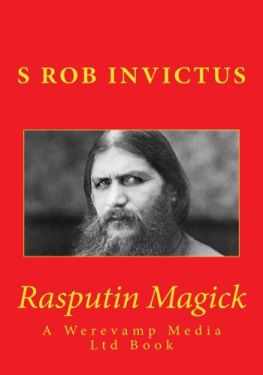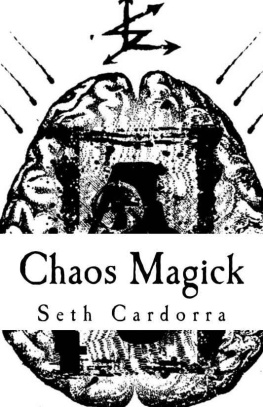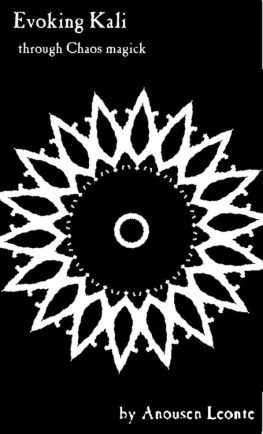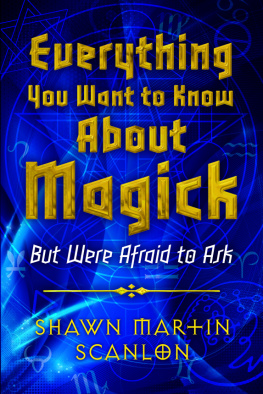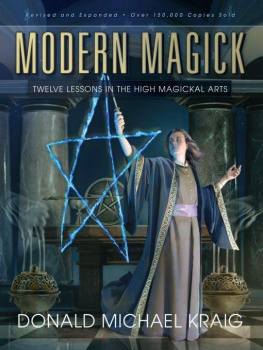You cannot kill time without injuring eternity.
Adam Weishaupt
When Playboy Press was about to publish my second book, Sex and Drugs, I asked Alan Watts to send them a jacket blurb. He wrote a letter to Playboy, saying "This obscene, lewd, blasphemous, subversive and very interesting book should be banned, bowdlerized, censored, suppressed and burned by the public hangman." On a Xerox to me, he added, "This ought to help you sell a million copies!" The editors at the Bunny Empire did not agree with Alan's whimsical approach to controversy in advertising. All they quoted on the jacket was "very interestingAlan Watts."
Well, maybe Falcon has more wit and more intelligence than the Rabbit Warren. I assure you that what you are about to read is obscene, lewd, blasphemous, subversive and very interesting, and that all right-thinking people will agree that it should be banned, bowdlerized, censored, suppressed and burned by the public hangman.
Of course, you will think I am joking.
Well ... There is a clergyman at large in this great nation who claims that Mister Ed, the talking horse on the TV comedy, is the Great Beast foretold in the last book of the Bible. Is this rev. gentlemen joking? Are you quite sure about that? Don't be too sure about me, either. Sometimes the Mysteries have to be approachedahon all fours, as it were.
For instance, I recently read a most interesting novel called This'll Kill Ya, by Harry Willson (no relative.) The cover warned me, and every chapter in the book repeated the warning:
CAUTION! READING THIS BOOK MAY BE
HAZARDOUS TO YOUR HEALTH!
The plot concerned a book which allegedly kills people. The policeman investigating this book is, naturally, a bit cautious once he gets his hands on a copy of the loathsome and fearful volume. The reader also tends to become cautious, after a while, since it soon becomes obvious that the book you are reading is the book you are reading aboutthe book that can kill people, which is called This'll Kill Ya ...
Fortunately, the book will only kill you if share the most common superstition in our culturethe idea that words on paper can be dangerous. In other words, the more deeply you fear you certain ideas, images and taboo topics generally, the more likely it is that the book, This'll Kill Ya, might in fact kill ya.
Here we confront a terrible paradox like unto the divinely revealed Hell Laws of the Discordian religion, which hold that (1) Hell only exists for those who believe Hell exists and (2) the worst part of Hell is reserved for those who believe in Hell because they think they'll go there if they don't believe in it.
Who, then, by extension of the Hell Laws, stands in most dire danger from This'll Kill Ya? Those who believe that words on paperor words on radio or TV or computer netscan be dangerous, and that therefore certain words should be banned, bowdlerized, censored, suppressed and maybe even burned by the public hangman. But people who believe in this diabolical power of words and/or ideas and/or images are precisely the people who form censorship societies, and study new books or other forms of art, science or entertainment, and decide which are dangerous. In short, This'll Kill Ya is most to prove fatal precisely to those who think it might be fatal.
You see, after decades of mulling this mysterywhy are some people so terrified of certain words and ideasI think I finally found the answer in the 18th Century Neapolitan sociologist Giambatista Vico, best known today as the inventor of what we now call transpersonal linguistics. Vico had lots of other ideas, however, but wrote them in rather opaque languagein Naples, at that time, the Holy Inquisition still occasionally toasted people who had original notions.
Vico seems to imply, in his indirect Neapolitan way, that the first god was the thunder, and morality derives from traumatic experiences with thunder (i.e., "negative imprints.") Vico was the first to study the cave peoples, and to suggest Bigfoot was a survivor of that ageand from cave art he deduced that anything that happened just before thunder was construed by them as arousing the anger of the thundergod.


